I stopped swimming to poke my head above the waves and figure out where I was. While treading water, I met a chilling sight — nothing. Through the spray of the 30-knot winds coming off the water, I could barely make out a cell phone tower on the opposite shore. But that was it. No boats were in view, and I couldn’t see another swimmer.
This was the point of no return. The lifeline was cut. If I continued alone, my fate was solely in my hands.
As I floated up to the crest of a wave I looked back and could still see the starting line and the cheering crowds. Then this vision disappeared behind another one of the 6-foot swells and I turned away from whence I’d started.
I thought, What the hell, and swam on.
At the Hellespont, 4 miles of water separate Europe from Asia. In the tradition of Leander and Lord Byron, I planned to swim across this Turkish strait linking the Mediterranean Sea to the Sea of Marmara in September 2011. Also known as the Dardanelles, the Hellespont is a waterway steeped in history, long considered the fault line between clashing civilizations. The ancient city of Troy, the site of Homer’s Iliad, lies on its shores. It is where Xerxes, king of the Persian empire, crossed into Europe to invade ancient Greece, and where Alexander the Great began his conquest of Asia. The bloody battle of Gallipoli was fought at the Hellespont in World War I. And it was the site of one of the most dangerous days of my life.
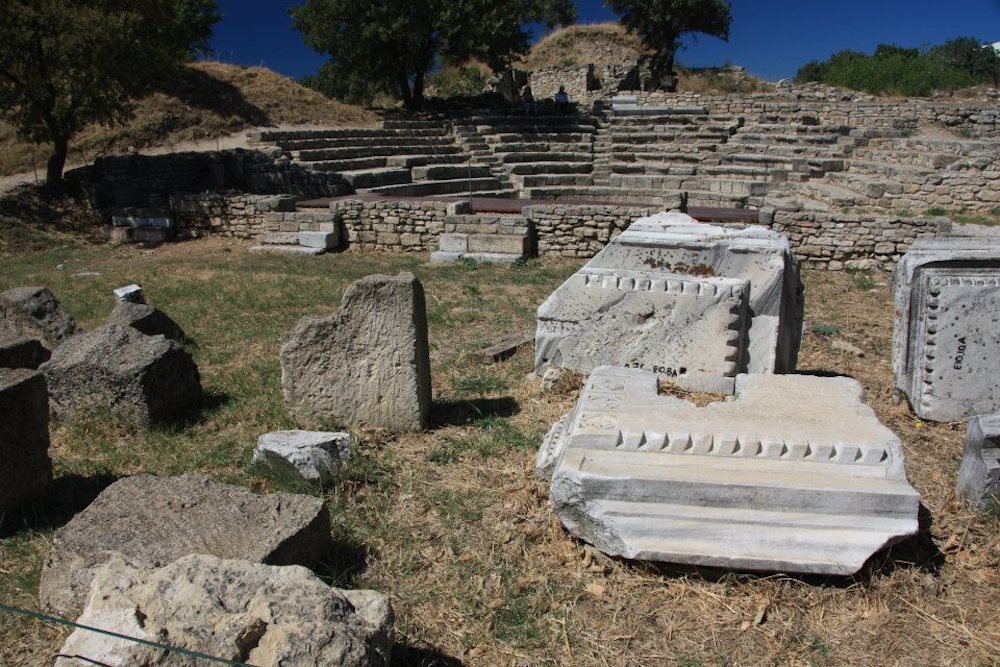
I have pushed my body to the limit more than a few times and have been in plenty of tight spots. I’ve completed an Ironman triathlon, run a marathon in Antarctica, and summited a 20,305-foot-tall mountain in the Himalayas. I’ve been in multiple war zones and found myself face-to-face with a great white shark in South Africa. I was even kidnapped in Kathmandu, Nepal, as a 16-year-old. But the Hellespont swim linked my survival to fitness more closely than any of these other experiences. On the day I swam from Europe to Asia, I can truly say I earned my survival.
Admittedly, it was not the most exhausting physical trial of my life. Climbing Island Peak in Nepal deserves that distinction — nothing compares with the effort of high-altitude climbing. The Ironman was a formidable test of fitness, and the Antarctic marathon demanded its fair share of suffering. But the margin between success and doom was slimmest for me in the swift-flowing waters of the Hellespont.
It shouldn’t have been that way. In all honesty, I was expecting a casual experience. The swim is 4 miles long, not an unreasonable distance considering the Ironman swim is 2.4 miles — immediately followed by a 112-mile bike ride and a 26.2-mile run.
I thought, If I can do an Ironman, the Hellespont will be a walk in the park.
However, the weather was the curveball.

I was part of a group of foreign swimmers who, through an adventure travel company, had registered to swim in Turkey’s annual Hellespont swim race, which is held in honor of Turkish Independence Day. We convened the night before the swim in the resort town of Çanakkale (chah-NAHK’-kah-leh), located just miles from the ruins of ancient Troy.
The Çanakkale Rotary Club, the race organizer, hosted a cocktail party and information briefing on the eve of the race. Amid all of the hype and anticipation was a dose of unwelcome news — weather forecasters predicted winds gusting to more than 30 knots and seas as high as 6 feet. The organizer of the foreign contingent warned us: “If you have never swum in conditions like these, do not swim tomorrow.”
We all nervously laughed off the dire warning and rationalized our collective determination to press on anyway. Some accused the organizers of being overly pessimistic, or perhaps nervous about lawsuits. Surely, others offered, the warnings were intended for the less capable swimmers in our group.
After the briefing I joined some Scottish swimmers for dinner. The atmosphere was a bit depressing, I must confess, since no one was quite sure what to make of the forecast. Should we swim? And could we count on the Turkish rescue boats to retrieve us if we had to abandon the race? None of us, it turned out, had experienced conditions as extreme as those forecast for the following day. I listened to the different arguments rippling up and down the dinner table, both in favor of swimming and against it. For my part, I wondered whether my ego was interfering with a wise decision.
Just how far could raw desire take me?
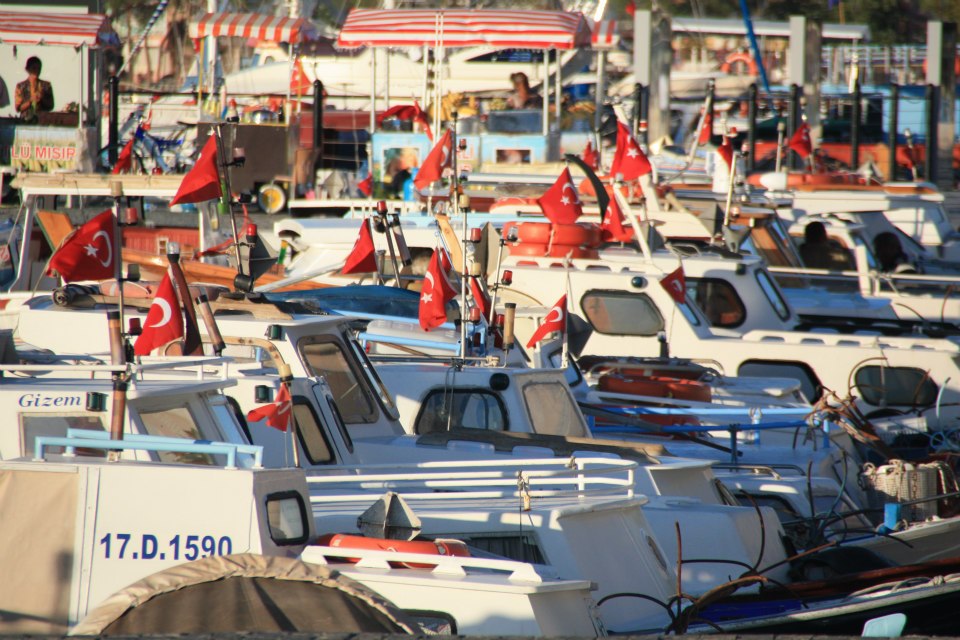
Collectively, I think we were all waiting for somebody to step up and decide the race was off. But no one was willing to let go of their hope and admit preemptive defeat after all those months of training. I came up with my personal plan and it was this: Sleep on it.
I would check the conditions in the morning, and then make my decision.
In the morning I woke early and had an enormous breakfast of pancakes and eggs topped off with a Snickers bar and copious amounts of coffee. The more calories and caffeine the better, I figured. I walked a mile or so along the Çanakkale waterfront to the grounds of an old Ottoman fort. From what I saw, the waves didn’t look so bad. Plus, many other swimmers were moving in my direction — toward the check-in point for the race. Moving with the herd felt like walking downhill, giving in to gravity. It was simply easier to keep moving toward the race than quit. I recalled one of Tim O’Brien’s stories about Vietnam in which he concluded that not going to war would have been a more courageous decision than doing what society expected of him. Along that line of thinking, I wondered why I was swimming that day. Was is it due to stubborn courage, or cowardly conformity?
I received my bright red swim cap and timing chip. After a cursory once-over by a Turkish doctor, I was pronounced fit for the event. Next, all the swimmers boarded a ferry to traverse the strait to the opposite shore where the starting area was located. I must say it was quite a sight — hundreds of swimmers clad in nothing more than Speedo suits and swim caps. Some had covered their limbs in grease. Most everyone seemed to be munching on some sort of snack. The tension was palpable. Conversations were muffled and apprehension wore on all our faces.
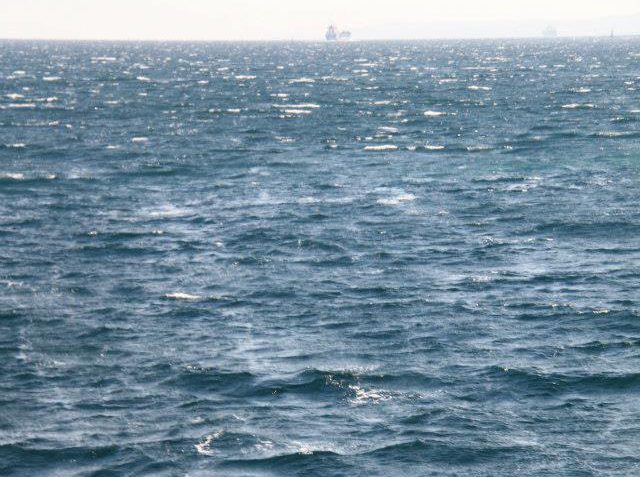
Now that we were on the water, there was no denying the truth — the weather was even worse than forecast. From the ferry’s deck, the waves looked menacing. Not just due to their size, but the gusting wind had kicked the surface into a frenzied mess of whitewater and chop. I’d never been in such rough conditions in a boat, much less as a swimmer.
I was seated next to one of my new Scottish friends. We exchanged worried looks. He told me he would at least jump in and give the race a go. If it got too bad, he would signal a rescue boat and be pulled from the water. This sounded reasonable, but I had serious doubts. There were nearly 500 swimmers about to dive into the Hellespont, and there would be no clear racecourse. We would all simply aim for the opposite shore and swim our hearts out to cross the 4 miles before the currents swept us into the Mediterranean. How on earth could some scattered fishing vessels keep track of 500 swimmers, bobbing in and out of 6-foot swells, dispersed by the current across a 4-mile stretch of open water? It just didn’t seem possible.
We arrived on the opposite shore and made our way to a long concrete dock. This was the starting line. On one side, the foreign swimmers in their red caps lined up. The Turks, who wore yellow swim caps, stood beside us. We formed two long queues on the dock and waited for the starting gun. Stupidly, I was determined to go because the crowd was going. Overcome by the immense emotions of the moment, our collective misgivings were apparently forgotten. Anticipating the imminent start, the crowd leaned ahead. I held my place in line, flapping my arms to stay loose, and looked out across the churning sea. If I were there alone, I’d take one look at those waves and say: “No fucking way. Not today.”

At the sound of the starting gun we filed into the water like sheep herded over a cliff. Each following the legs ahead into the void. In my turn, I leapt from the dock and plunged 5 feet to the water below. A hurricane of foamy white engulfed me. I put my head down and began to stroke and kick. The start began as a mess of tangled human bodies. But we soon scattered. I didn’t know it at the time, but about 50 swimmers abandoned the race within the first hundred feet. They were overwhelmed right away by the rough seas and wisely decided to call it a day.
I swam hard and pushed to the front of the pack. Despite the waves, I was able to maintain my form. Yet, when I turned my head to breathe a wave would sometimes crash over me, resulting in a lungful of seawater. This was awful. Any water in the lungs inspires instant panic — just ask world waterboarding champion Khalid Sheikh Mohammed. In any case, I quickly learned to keep my mouth shut for a beat before each breath to be sure I was about to inhale air. And my lungs were soon spared from further torment.
A short while later, I stopped to take my bearings. And at that fateful moment, I decided to press on. In addition to my new breathing technique, I’d also adjusted my swimming stroke so that I wasn’t fighting the waves. There was a rhythm to the swells that I could match with my movements, and soon the swimming began to feel effortless. My mind drew ever inward while I stared down into the dark blue void. My absorption into the abyss was only interrupted when I occasionally looked up to take a bearing on the opposite shore ahead.
I breathed to my right, in the lee of the wind and waves. I kept course by maintaining the sun in the same spot every time I rotated my head for a breath. Time was meaningless. Had I been swimming for 10 minutes or an hour? I felt like I was flying through the water. And, ever so slowly, the opposite shoreline grew larger. But still no other swimmers or boats. I had been alone for almost the entire swim. At first, I’d been afraid of the isolation. Now I relished it. I was in that magical mental state of flow. And I had total confidence in my strength.
I’ve felt this way before in the mountains: when the mind divorces from the body, and physical suffering loses its agency over you. Yes, you understand you are hurting on an intellectual level. But the real you — the you that no one else can see — remains unaffected. You feel how strong you really are, and the imagined limits of what your body can achieve, which might have stopped you on another day, are now only at the threshold of what you can endure.
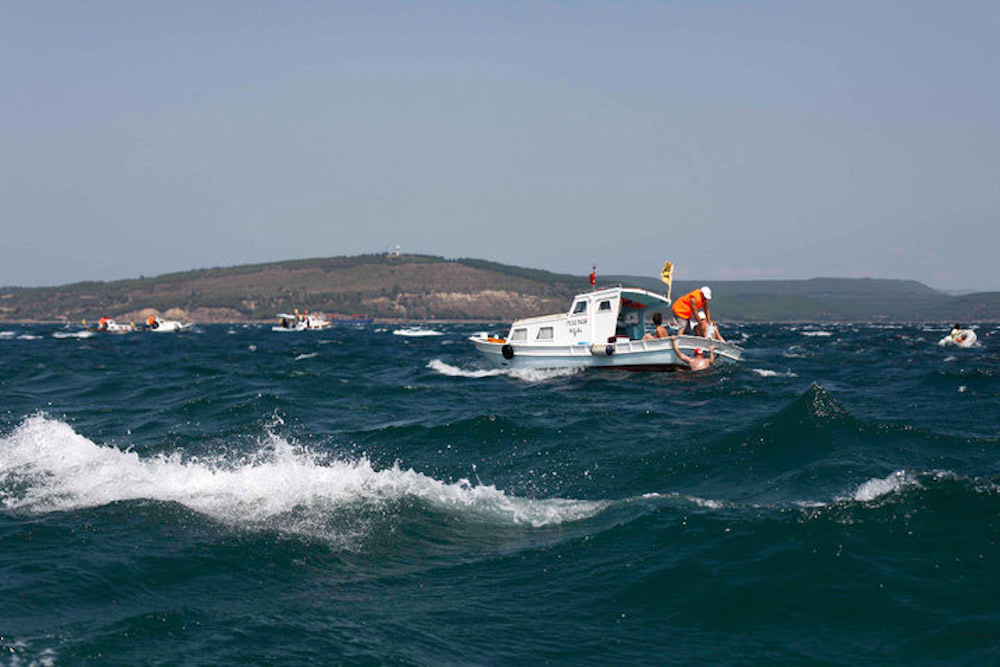
I pushed on and the end of the race happened in an instant. One moment, the shore seemed depressingly far away. The next, I could distinguish individual people standing on a sea wall. I’d aimed too far into the current, and was forced to parallel the shoreline for a while until the finishing ramp was in sight. In the final few hundred yards, other swimmers appeared from the murk. Suddenly I was within a group of a half-dozen bodies churning for the finish. Spurred by the competition, I felt a surge of strength and pushed ahead. Thousands of spectators lined the shore, and the energy of the finish was amazing. I swam hard until the blue void gave way to rocks. After a few final strokes, I put my feet down and stood with a wobble as all the blood that had pooled in my pumped-up upper body muscles followed gravity’s tug back down into my legs. A couple of lifeguards patted me on the back as I clambered up the ramp and out of the water. I was done.
But I was one of the lucky ones. More than half of the swimmers failed to reach the finish and had to be rescued by the motley collection of fishing vessels that had served as our lifeboats. And two Turkish swimmers disappeared. At first, we thought the currents had swept them into the Mediterranean, and to their doom. Later, we were relieved to learn that they’d made it ashore alive and very exhausted a few miles down-current from Çanakkale.
That night I reunited with my Scottish friends (two of whom had to be rescued during the race) and made fast friends with other swimmers from Great Britain, Ukraine, New Zealand, Australia, and Turkey. More than a few celebratory beers were doled out and the alcohol quickly seeped into our tired bodies, easing the conversation onward into the night. As is often the case after any epic experience, we were all consumed by a desire to talk about it.
The key to happiness, some say, is to appreciate the gifts you’ve been given while wisely appraising the seriousness of your problems. By that measure, I was truly happy. At the point of no return, I’d gone on. I had stared across the storming gulf and believed that I could make the crossing. And I was right. We all have our limits, that’s true. But on the day I swam from Europe to Asia, I’d not reached mine.

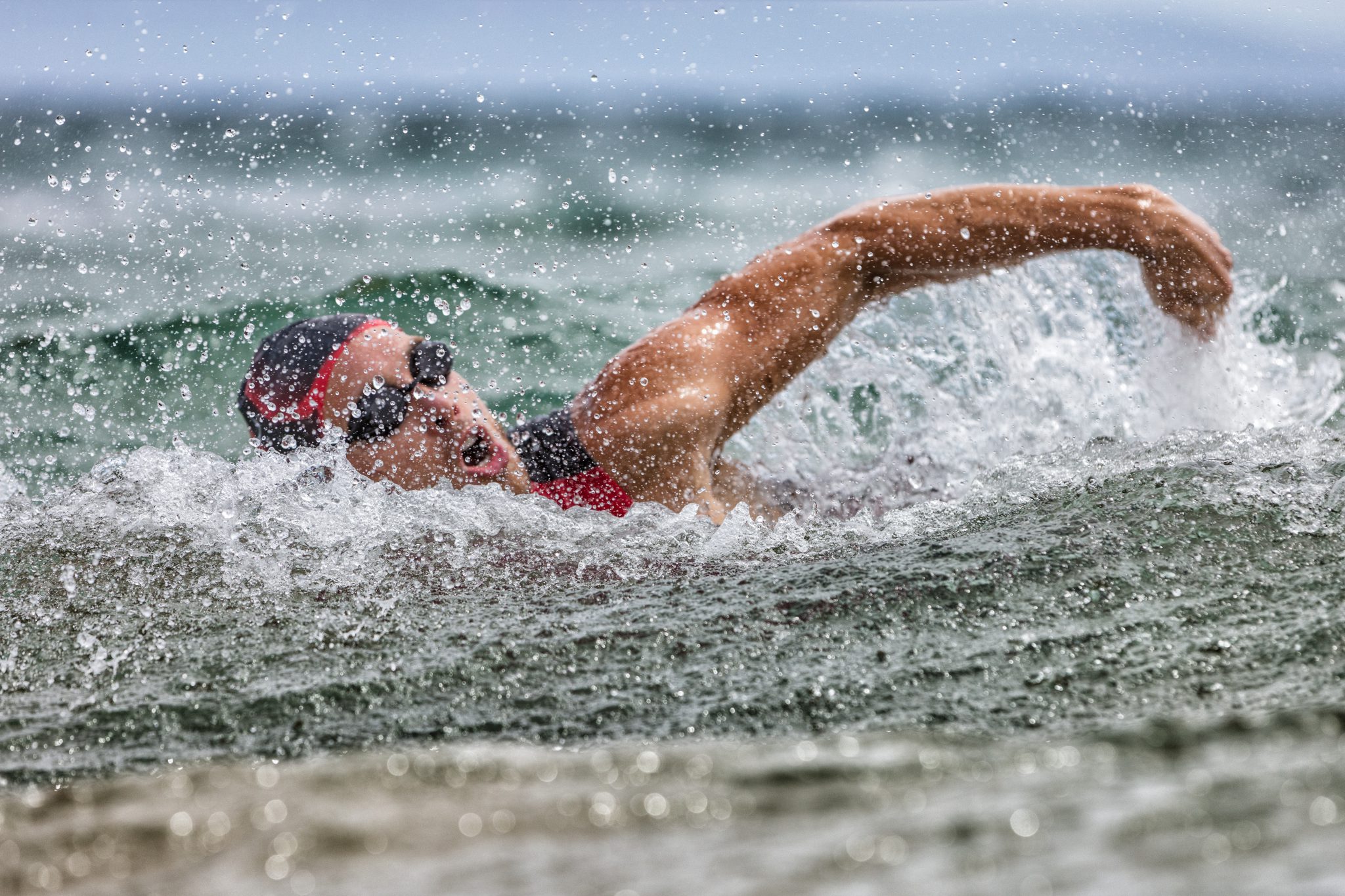

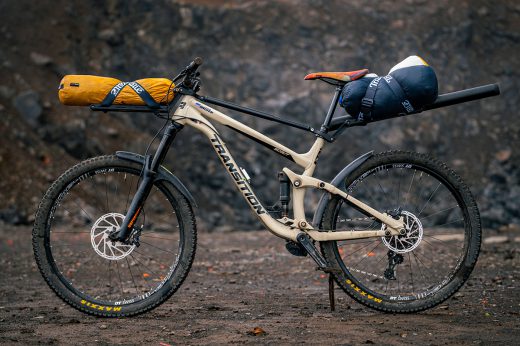
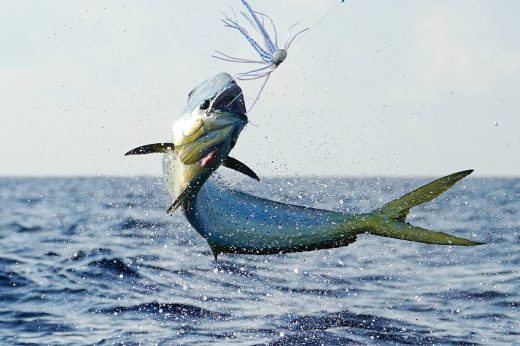
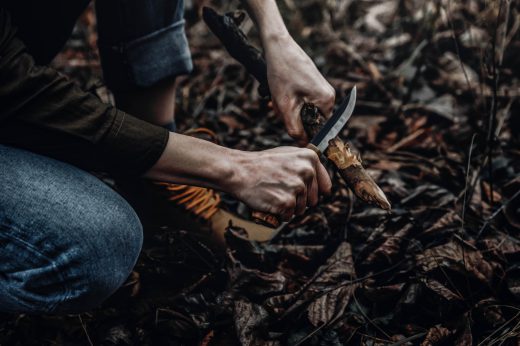


Comments